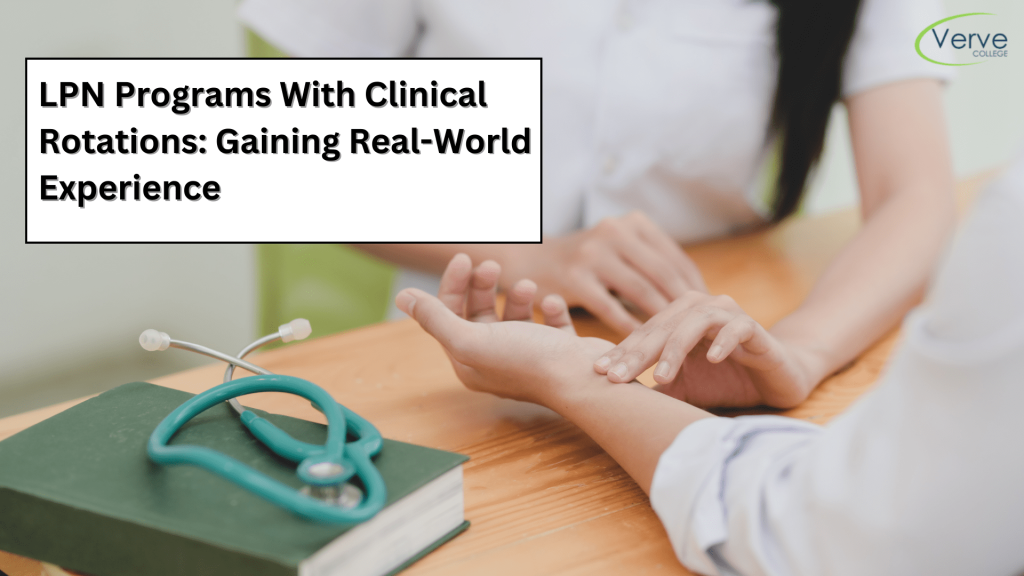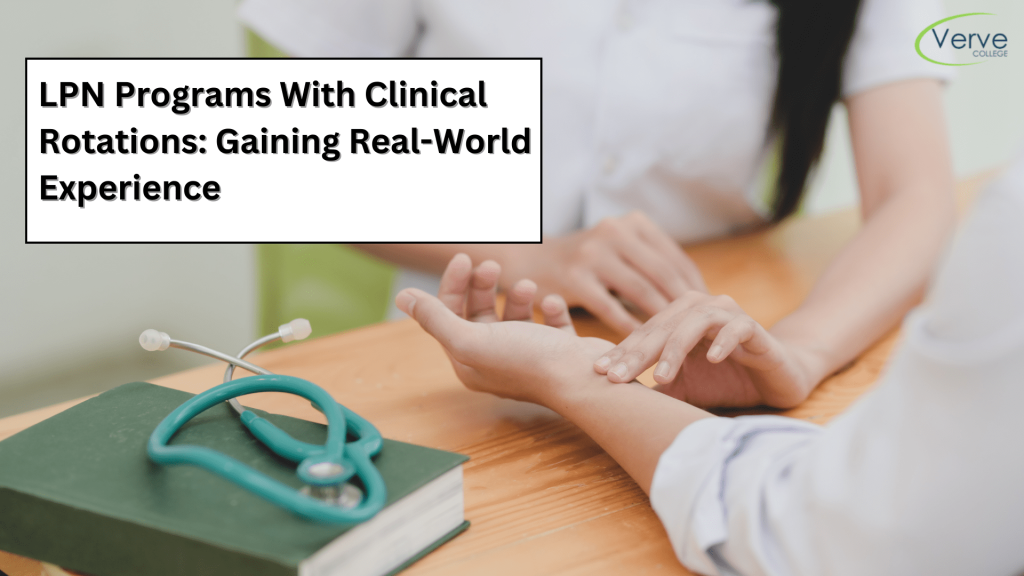- Oak Brook:(630) 705-9999
- Chicago:(312) 920-8822
- Email:inquiry@vervecollege.edu
- Make a Payment
- Home
- Programs
- Admission
- Resources
- ATI Entrance Exam Resources
- New E-Digital Library
- Refer a Friend
- School Newsletter
- Events
- Employers
- Job-Network
- Alpha Beta Kappa Candidates
- Verve College Library
- Graduation and Pinning Ceremony Photo Galleries
- Textbook Information
- Career Services
- Tutoring
- School Catalog
- FAQ
- Constitution Day Program
- Alumni
- Verve College Plans
- Financial Aid
- HEERF Reporting
- Satisfactory Academic Progress
- Apply For Financial Aid
- Net Price Calculator
- Return of Title IV Funds (R2T4)
- Financial Aid Office Code of Conduct
- Contact
- FAQs
- Verification Policy
- Vaccination Policy
- Student Right-to-Know Act
- Misrepresentation
- Information Security Program
- Academic Award Year
- Availability of Employee
- Cost of Attendance
- Health & Safety Exemption Requirement
- Students Rights and Responsibilities
- Leave of Absence
- Pell Formula
- Military Students
- Grants/ Scholarship Policy
- Contact Us
- Login
- Testimonials
- Blog
Is a Nursing Career Right For You?
Take The Free Quiz
LPN Programs With Clinical Rotations: Gaining Real-World Experience
LPN Programs With Clinical Rotations: Gaining Real-World Experience
Medical skills are essential to your nursing education, whether at a vocational school or an online curriculum. Prospective students must finish clinical rotations in hospitals and medical offices near traditional colleges. Hands-on training & clinical practice gives students abundant job opportunities to interact with patients and gain real-world expertise in the nursing profession.
Practical nursing students who study online face a unique problem with clinical rotations. LPN programs or practical nursing programs or practical nursing diplomas offer students hands-on training and laboratory experience on campus & also help nursing assistant to pass the NCLEX-PN Exam with good NCLEX-PN pass rates. Also, several online coursework has collaborated with medical centers to allow students to participate in clinical rotations with the best clinical training. Some schools may also have agreements in collaboration with global medical providers to provide the best academic coursework that allows students to do medical education and testing in a geographical area of the nation.
Clinical Rotations in Community Colleges: What to Anticipate?
Preceptors supervise nursing students during clinical. They help them to learn and practice the fundamental nursing skills they need. Preceptors are licensed clinicians, usually professional nurses, who act as mentors during clinical rotations and give advice and assist students in translating concepts into practice.
As students are taught how to provide general hospital assistance, an instructor will help them complete tasks such as medicine delivery, direct patient care, monitoring vital signs, acute care, and wound care in a variety of healthcare settings ( professional nurses learned these skills in human anatomy & physiology classes). The students will be able to shadow experienced nurses throughout their duties and observe their daily activities.
Related:-LPN Programs: Understanding the Curriculum and Coursework
How Does Clinical Experience Work in LPN programs?
Because they allow students to put the skills and knowledge they have learned in the classroom long-term care setting into practice, Clinical rotations are crucial components of medical education. Students can gain confidence and learn to deal with the job’s demands with the best job positions after successful completion. Also, they hone their critical thinking and problem-solving abilities by enrolling in LPN programs near me (accelerated program) to get an LPN license with a minimum of 20 nursing credit hours.
Clinical Rotations Are More Merrier
You probably already understand the significance of collaboration at this stage during your nursing studies. Vocational nurses at the practice level will need to work with LPNs and other medical providers to offer the best treatment possible for patients.
Consider partnering with a fellow student at nursing school to help you stay on track with your clinical rotations. It will allow you to share the responsibility of evaluating injury and illness and bathing patients. It is a great way to learn from your peers about their patient outcomes methods.
How Could I Acquire a Real Practical Location?
Simulation Labs and Innovative Solutions
Many medical courses use simulation laboratories to supplement their actual clinical encounters with long-term care facilities in health care settings. These facilities can be high-tech dummies operated to simulate everyday medical catastrophes, including childbirth and trauma cases.
Want to Make a Career in Nursing? Get More Information About Our Courses!
Last Thought
Midwifery and the nursing profession is a hands-on profession that requires considerable practical expertise. A book can only teach you so much. Private LPN schools near me offer a combination of classroom instruction, laboratory practice with the best classroom theory, and proven experience through externships and clinical rotations. The students acquire relevant experience working alongside experienced nurses and make connections with prospective employers.
 Sign up
Sign up Login
Login





